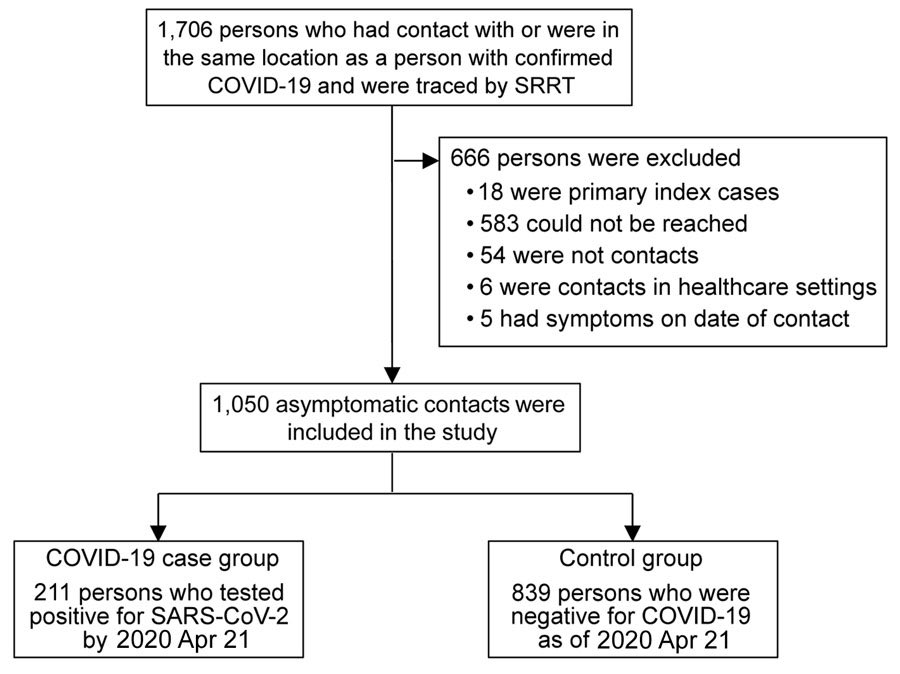(1/4) Case-control study of 1,050 contacts of #COVID19 cases in 3 clusters in Thailand, showing that wearing a mask was associated with reduced risk of becoming infected.
The type of mask worn did not matter, but it did have to be worn consistently.
https://wwwnc.cdc.gov/eid/article/26/11/20-3003_article">https://wwwnc.cdc.gov/eid/artic...
The type of mask worn did not matter, but it did have to be worn consistently.
https://wwwnc.cdc.gov/eid/article/26/11/20-3003_article">https://wwwnc.cdc.gov/eid/artic...
(2/4) Physical distancing, shorter contact duration, hand washing, and wearing a mask always when in contact with a case (but not just sometimes) was associated with reduced risk of becoming infected.
Sharing dishes, cups, and cigarettes was associated with increased risk.
Sharing dishes, cups, and cigarettes was associated with increased risk.
(3/4) Wearing a mask was not associated with a false sense of security.
People who wore a mask were more likely to maintain physical distance and to practice hand hygiene than those who did not wear a mask.
People who wore a mask were more likely to maintain physical distance and to practice hand hygiene than those who did not wear a mask.
(4/4) The authors noted that "no single protective measure was associated with complete protection from COVID-19. All measures, including mask-wearing, handwashing, and social distancing, can increase protection against COVID-19 in public settings."

 Read on Twitter
Read on Twitter



